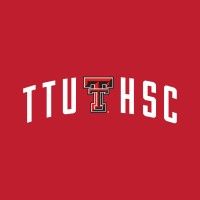Renal cell carcinoma (RCC) is the deadliest form of urological cancer and is projected to be the fourth most common neoplasm in the USA in males by 2040. In addition to the current poor prognosis with 5-year survival rates hardly reaching 15%, the prevalence of resistance to currently available systemic therapies has also established an urgent need to develop new treatment regimen(s) for advanced RCC. Interferon-stimulated gene 15 (ISG15) is the first identified ubiquitin-like modifier and has been intensively studied for its central role in innate immunity against intracellular pathogens. However, in this study, we identified ISG15 as a novel tumor-associated antigen and prognostic marker in RCC. Further, we therapeutically targeted elevated ISG15 expression by means of a Listeria monocytogenes (Lm)-based vaccine, designated Lm-LLO-ISG15, in both subcutaneous and orthotopic RCC mouse models. Treatment with Lm-LLO-ISG15 resulted in an influx of tumor-infiltrating effector T cells and significant anti-tumor efficacy in both subcutaneous and orthotopic RCC tumor models. Treatment with Lm-LLO-ISG15 also generated a robust interferon-gamma response and attracted a larger pool of polyfunctional T cells into the tumor microenvironment. Importantly, the therapeutic efficacy of Lm-LLO-ISG15 in RCC is comparable to that of anti-PD-1 and sunitinib, the current frontline therapies for RCC patients. Collectively, our work illustrates that targeting ISG15 in RCC with a CTL-based immunotherapy such as Lm-LLO-ISG15 is a promising and potentially translatable therapeutic strategy to enhance survival in RCC patients.






